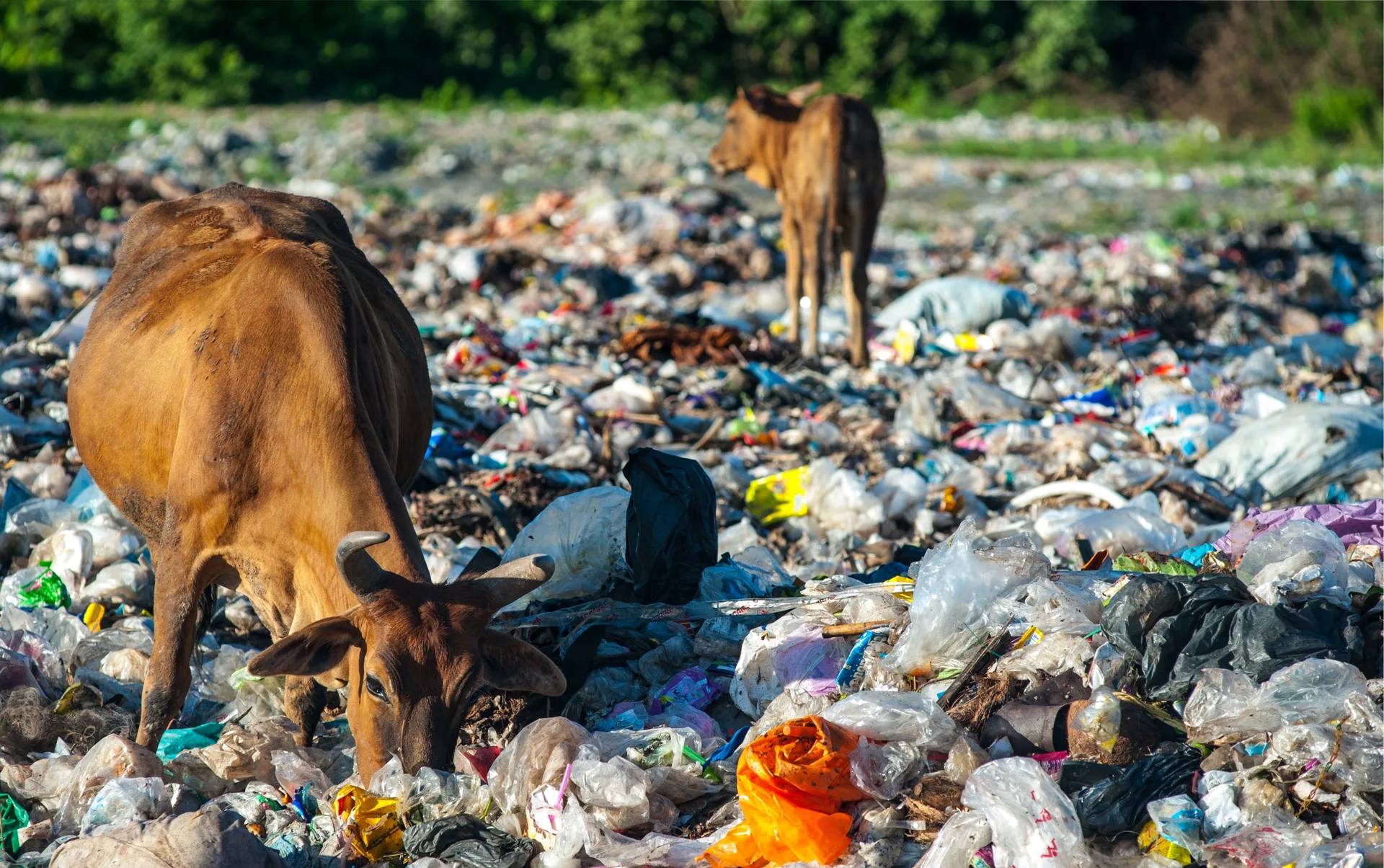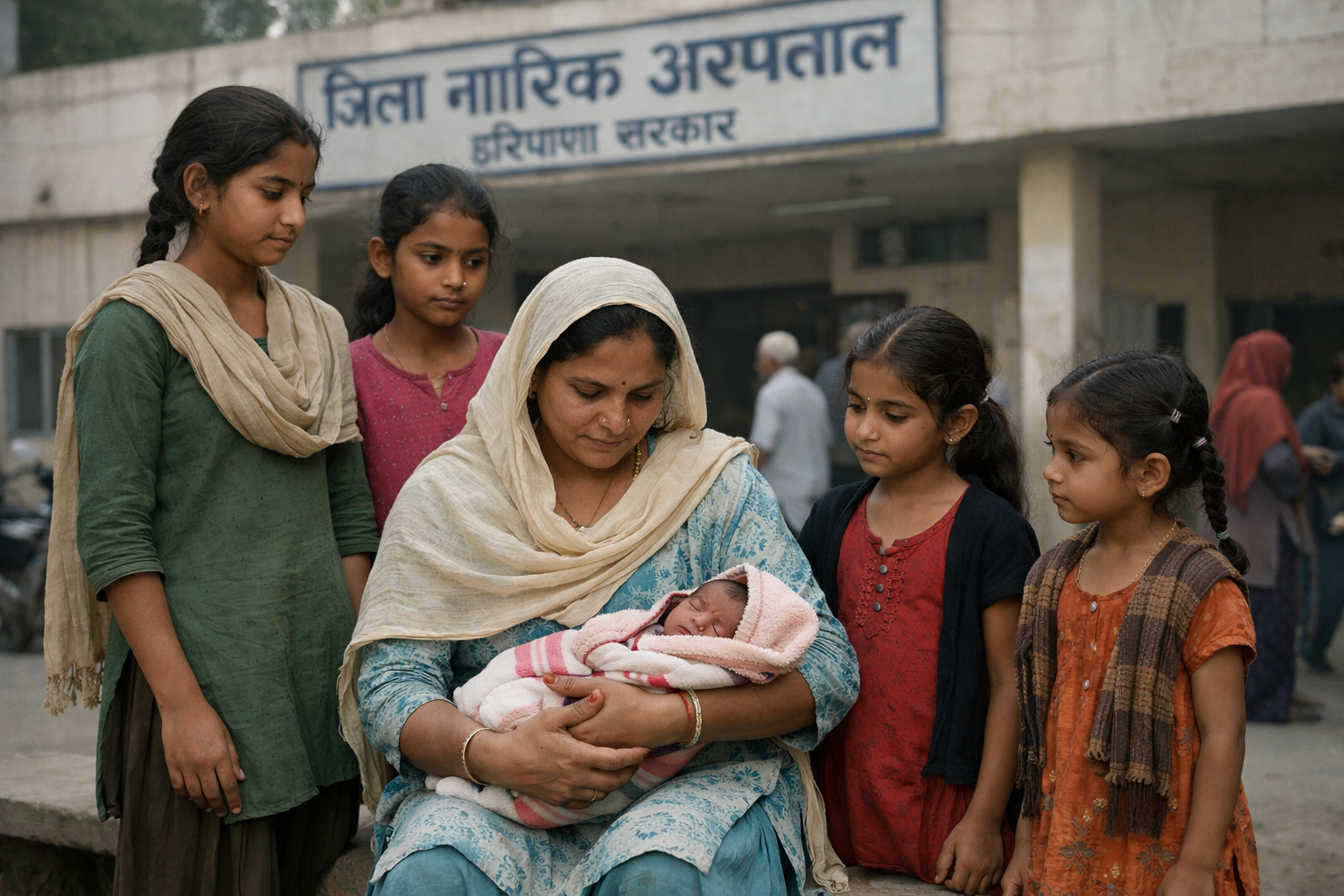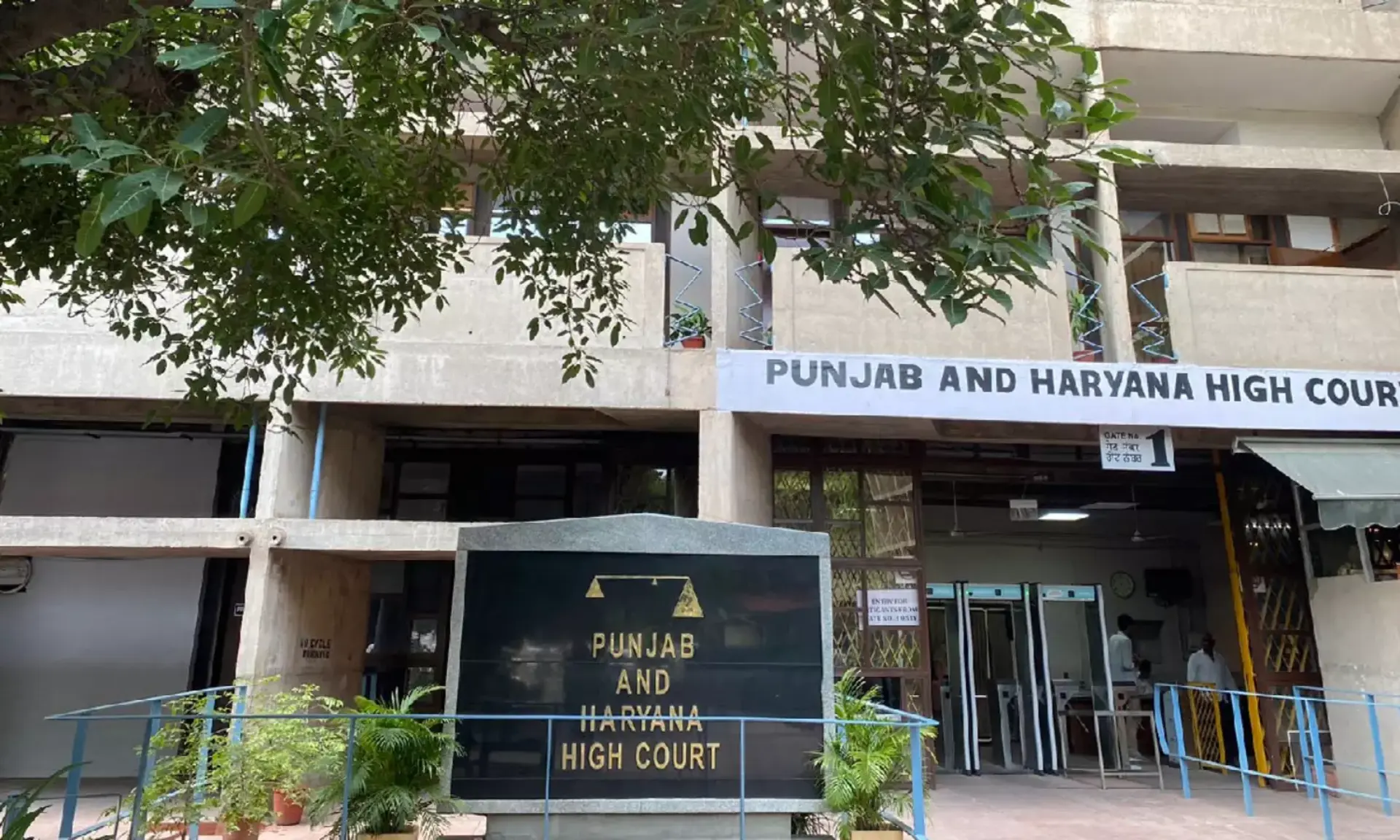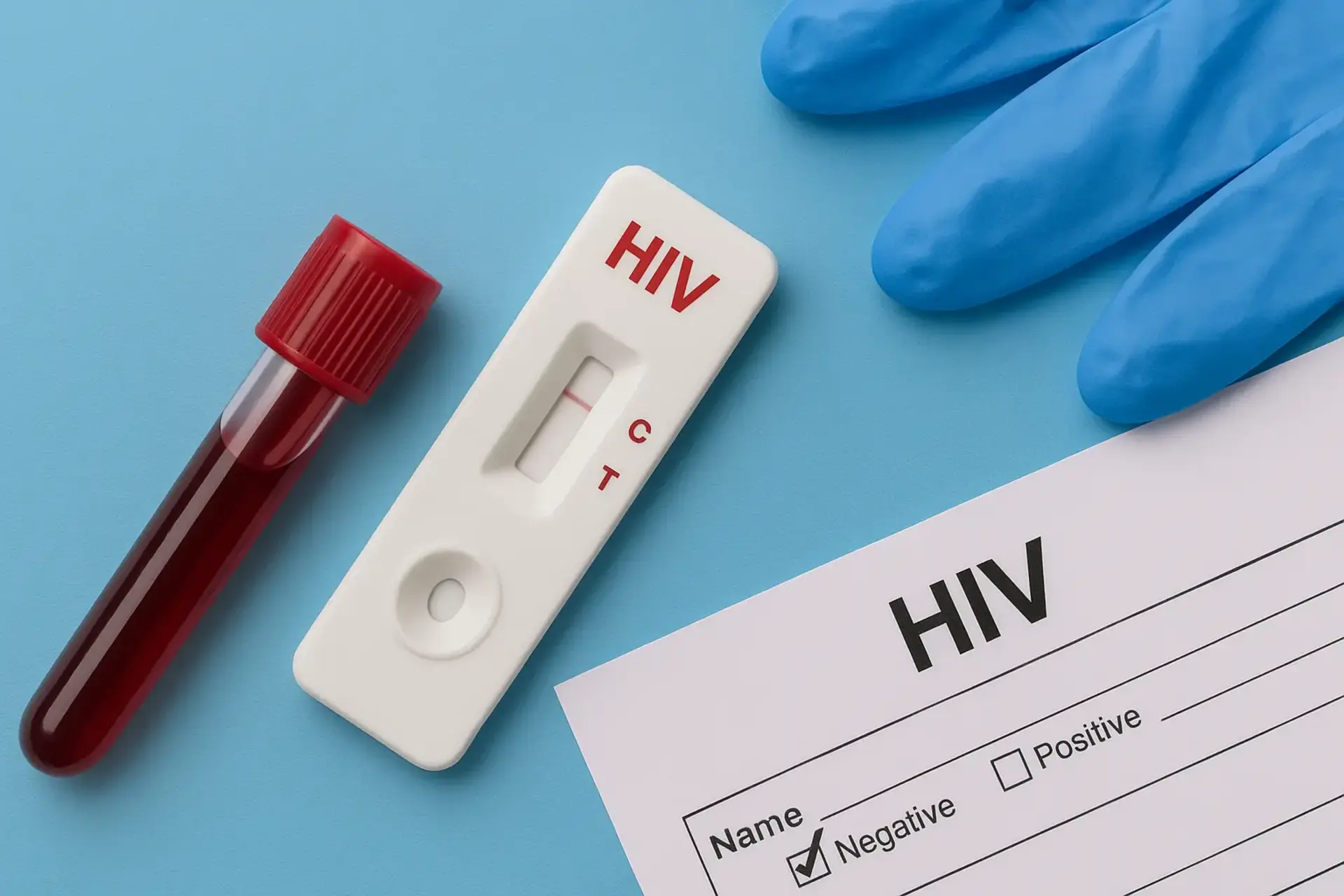
In a significant transformation of Haryana's poverty statistics, the state has seen its Below Poverty Line (BPL) population expand dramatically. The cornerstone of this change was the government's decision to raise the annual income limit for BPL qualification from Rs 1.20 lakh to Rs 1.80 lakh in January 2023. This adjustment, combined with the merger of various beneficiary categories, has fundamentally altered the state's poverty classification system.
New System Introduces Simplified Verification
The introduction of the Parivar Pehchan Patra (PPP) or family ID system has played a crucial role in this transformation. Common Service Centres across Haryana now process PPP applications with a simplified self-declaration process for income verification. This streamlined approach, while making the process more accessible, has led to a substantial increase in BPL registrations.
Understanding the Numbers
The statistics tell a compelling story of this transformation:
- December 2022 figures showed about 1.24 crore people under various categories (CBPL, SBPL, AAY, and OPH)
- By November 2024, the number has grown to nearly 2 crore people (1,98,90,964), including 10,14,825 under the Antyodaya Anna Yojana
- This represents a dramatic increase of approximately 75 lakh people in just two years
Exclusion Criteria Maintains Standards
Despite the expanded inclusion, strict criteria remain for BPL classification. Individuals are automatically disqualified if they:
- File income tax returns exceeding Rs 1.80 lakh in the past three years
- Have annual electricity bills over Rs 9,000
- Hold government positions
- Own urban properties larger than 100 square yards or rural properties over 200 square yards
- Are farmers or registered workers earning above Rs 1.80 lakh annually
The Congress party has raised concerns about potential political motivations behind these changes, suggesting they might be linked to Assembly elections. However, government sources maintain that the changes aim to ensure better coverage of welfare schemes for eligible beneficiaries.
These developments have significant implications for the state's welfare program distribution and budgetary allocations, potentially affecting millions of families across Haryana.














